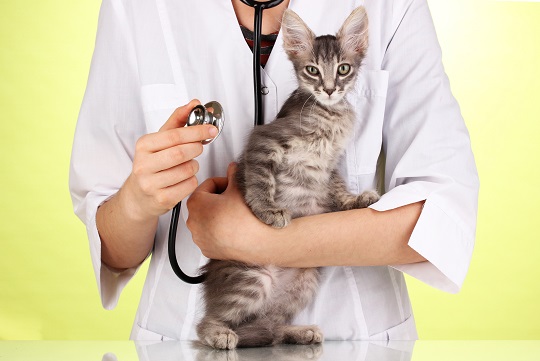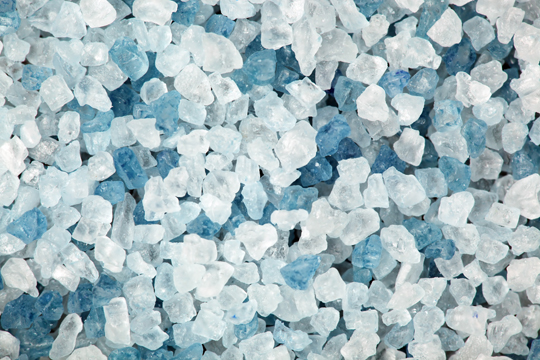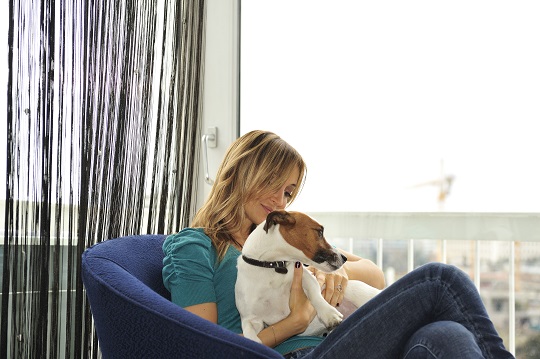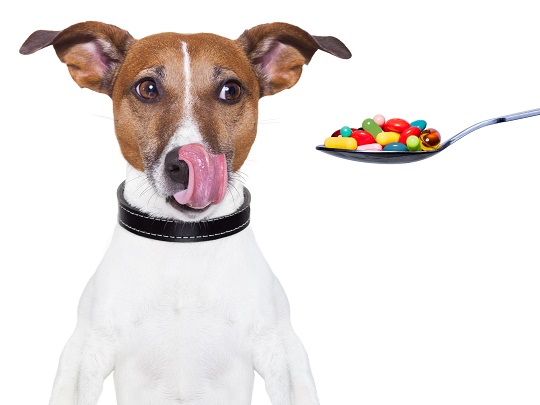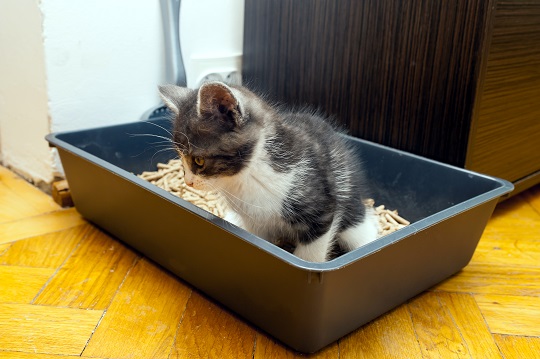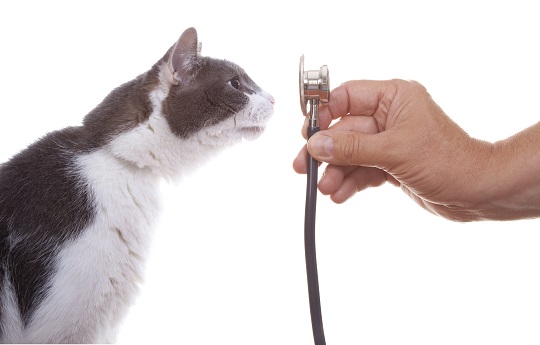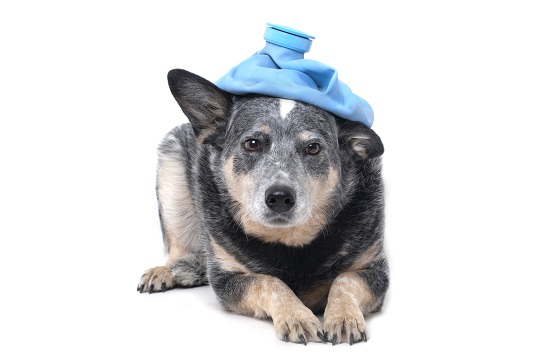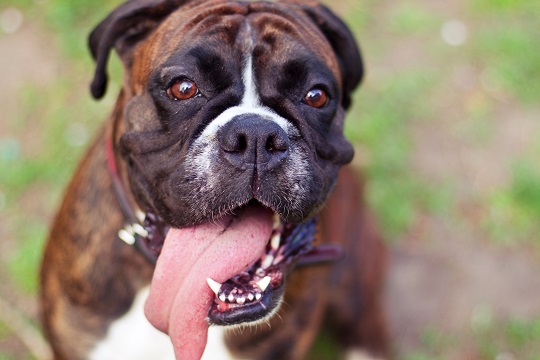Pets are too curious for their own good. They may accidentally ingest something detrimental to their health. We recommend taking your cat to a vet for any health issues. However, you can induce vomiting in your cat to rid it of the foreign or harmful object. Keep reading to learn how to make a cat throw up.
Hydrogen Peroxide
This is the safest way to induce vomiting in your cat. Give your cat one teaspoon of 3 percent hydrogen peroxide per five pounds of body weight every ten minutes. You may give a maximum of three teaspoons at a time. Do this until your cat throws up. Try using a baby syringe to inject the hydrogen peroxide in the cat’s mouth.
If you do not have hydrogen peroxide, INSTEAD use…
Syrup of Ipecac
Syrup of Ipecac is also effective in making your cat throw up. Do not mistake Syrup of Ipecac for Ipecac Fluid Extract, which is much stronger. Give the cat one teaspoon of Ipecac syrup per ten pounds of body weight. Do this only once and wait for your cat to vomit. Giving a cat more than the recommended dose could have toxic effects.
When to NOT Induce Vomiting
Do not make a cat throw up if it has ingested a sharp object, any petroleum product, an acid or alkali-based chemical, or a household cleaning product. If your cat is unconscious, do not try to make it throw up. If you do not know what your cat has ingested, do not make it vomit. Call your veterinarian immediately.
Find A Veterinarian For Your Pet Emergency
If you are looking for a veterinarian to treat your cat, TalkLocal can help connect you with quality, local vets. Simply enter our website and provide us with a brief description of your problem, your availability, and where you are located. You can expect a call from top veterinarians in minutes. Try Seva Call today!

